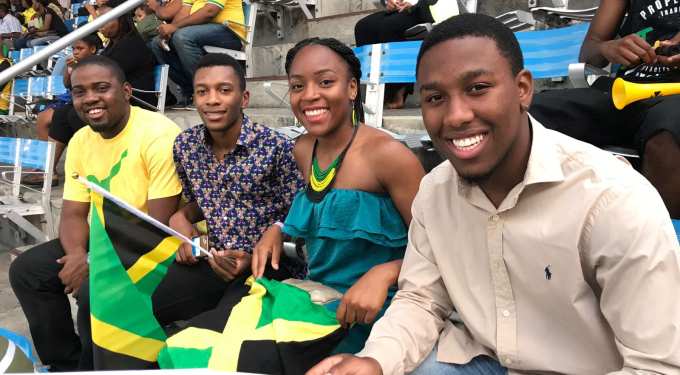I remember police officers not having guns but then I am 65, times have changed and so have the headlines. – Neville Bell
The ways young people now socialize in Jamaica are different from previous generations. Cable television, the Internet, social media and music has influenced them strikingly. Today they are more recklessness, more risk-taking, and their lifestyles are all about fast living. It’s evident in their choice of clothes, food, drink, entertainment and even their personal relationships.
Some older folk believe it’s the usual generational gap. But others see a more insidious outcome from these new behaviors. The total disconnect with parents and other authorities is likely to have negative long-term effects . That may mean uncertain futures for young people in an age where focus and purpose are sorely needed.
We already have enough disruptions that affect our society. Crime and violence, much of which involves young people, continues to plague the country. Add negative messages from the music they listen to and social media’s socialization of our youth with an alternate reality, we are truly in trouble.
Dancehall music is a major culprit. The Broadcasting Commission was forced to put restrictions on what is played on the air. Much of its content send negative messages to youth who are persuaded that power is more important than truth, and violence more important than justice. Such messages encourage youths to become risk-takers, and many believe the state perpetuates some of the injustice they experience. Sadly, it often brings about their demise.
To mitigate these social challenges leaders in government, business, the church and academia must encourage re-socialization of Jamaican youth to achieve the change the country needs. They must create institutions that bring equality, fairness, and justice to our society. We are a vibrant and happy people and should enjoy a society where those attitudes are sustainable.

